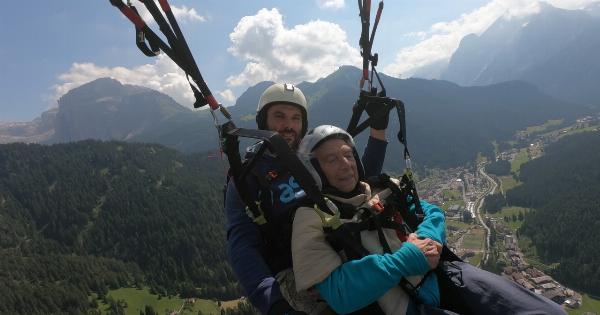Head injuries have long been linked to a range of neurological problems, including brain damage, cognitive impairment, and dementia.
However, recent studies have begun to reveal a more complex picture of the link between head injuries and dementia, suggesting that the impact of head injuries on brain function may be more significant than previously realized, and highlighting the need for further research on the subject.
The Link between Head Injuries and Dementia
A growing body of research suggests that head injuries may be a risk factor for dementia.
One study, published in the journal Neurology, found that people who had suffered a moderate to severe head injury were twice as likely to develop dementia later in life. Another study, published in the British Medical Journal, found that people who suffered a head injury as a child were at higher risk of developing Alzheimer’s disease in later life.
The Mechanisms of Head Injury and Dementia
The mechanics of head injury and dementia are complex, but researchers believe that the link between the two may be due to brain damage caused by trauma.
Head injuries can lead to inflammation and the release of toxic chemicals in the brain, which can cause damage to neurons and other brain cells. This damage can, in turn, lead to changes in brain function that may contribute to the development of dementia.
Reducing the Risk of Head Injuries
Reducing the risk of head injuries is key to reducing the risk of dementia.
This can be achieved through a range of measures, including wearing a helmet when cycling or participating in other high-risk activities, ensuring that your home is free of trip hazards, and practicing safe driving habits. It is also important to seek medical attention immediately after a head injury, as this can help to prevent further damage and reduce the risk of long-term effects.
Treating Head Injuries
Treating head injuries is essential for preventing long-term damage and reducing the risk of dementia. Treatment may involve rest, medication, or surgery, depending on the severity of the injury.
It is important to seek prompt medical attention if you or someone you know has suffered a head injury, as delaying treatment can worsen the damage and increase the risk of complications.
Preventing Dementia
Preventing dementia is difficult, but there are steps that you can take to reduce your risk.
These steps include maintaining a healthy diet, getting regular exercise, staying mentally active, and lowering your risk for other chronic diseases, such as diabetes, high blood pressure, and heart disease.
Conclusion
Head injuries can be a risk factor for dementia, but the relationship between the two is complex and not fully understood. It is important to take steps to reduce the risk of head injuries and to seek prompt medical attention if a head injury occurs.
Further research is needed to fully understand the link between head injuries and dementia and to develop effective treatments and prevention strategies.




























